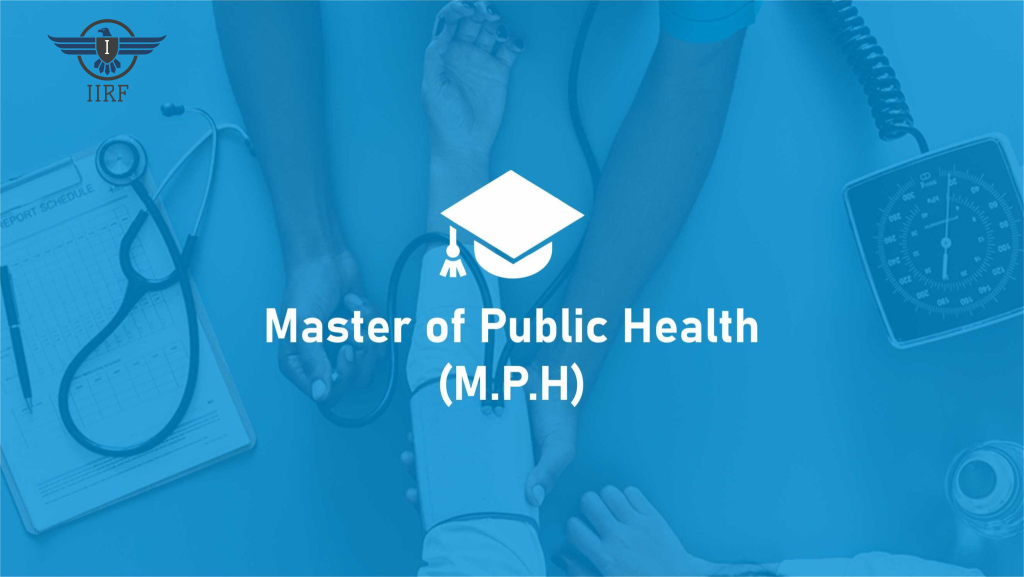Empowering Change: The Master of Public Health (MPH) Course in India – Paving the Way for a Transformative Public Health Career, Are you driven by the desire to contribute to the betterment of society’s health? Do you envision yourself as a catalyst for addressing public health challenges in India? If your answer is a resounding “yes,” then a Master of Public Health (MPH) course in India might be the path to realizing your aspirations.
In this comprehensive guide, we will delve into the captivating world of MPH programs in India. We’ll explore the admission process, eligibility criteria, syllabus, cutoff scores, fees, placement opportunities, and course scope, and answer some frequently asked questions to help you embark on this fulfilling journey within the Indian context.
Also Read: Top Engineering Colleges in India
Highlights: Master of Public Health (M.P.H)
| Particulars | Values |
| Course Name | Master of Public Health (M.P.H) |
| Course Type | Postgraduate |
| Course Duration | Two years |
| Eligibility Criteria | courses leading to a bachelor’s degree in medicine or a closely related subject (BPT, BDS, MBBS) |
| Admission process | Entrance/ Merit |
| Fees | Rs. 2,000 to Rs. 12 lakhs |
| Average Salary | Rs. 50,000 |
| Job profiles | Health inspector, research associate, research analyst, administrator of healthcare, and epidemiologist |
Exploring Master of Public Health Specializations
The Master of Public Health (MPH) program is designed to equip students with the skills and knowledge needed to actively contribute to the community’s well-being by addressing a range of critical health issues. These issues encompass injury prevention, violence reduction, the management of communicable and non-communicable diseases, as well as various factors affecting health and safety. Within the MPH program, students have the opportunity to pursue specialized tracks tailored to specific health threats and domains. These specializations enable students to align their studies with their personal interests and prior professional experiences. Here are some of the specialized tracks available:
| Biostatistics |
| Environmental Health Sciences |
| Epidemiology |
| General Public Health |
| Social and Behavioral Sciences |
| Disaster Management and Emergency Preparedness |
| International Public Health Management |
| Public Health Policy and Management |
| Public Health Education |
| Health Services Administration |
Also Read: Top MBA Colleges in India
Admission Process: Your Gateway to Excellence
The admission process for an MPH program in India typically includes the following steps:
- Application: Start by completing the online application form provided by your chosen institution. The form typically requires personal details, academic history, and a statement of purpose.
- Entrance Exams: Many institutions require applicants to take standardized tests like the Common Entrance Test (CET) or the Graduate Aptitude Test in Engineering (GATE). Some may also consider the All India Institute of Medical Sciences (AIIMS) entrance exam.
- Transcripts and Letters of Recommendation: You will need to provide official transcripts from your previous educational institutions and letters of recommendation from professors or professionals who can vouch for your qualifications.
- Statement of Purpose: Craft a compelling statement of purpose outlining your motivation, goals, and how the MPH program aligns with your career aspirations.
- Interviews: Some programs may conduct interviews to evaluate your suitability for the program.
- Application Fee: Be prepared to pay an application fee, which varies by institution.
Eligibility Criteria: Charting Your Path
While specific eligibility requirements may vary slightly among institutions, here are some common prerequisites for MPH programs in India:
|
|
|
|
|
|
Also Read: Top Universities in India
Syllabus: Building Expertise Brick by Brick
The MPH syllabus in India is designed to provide a holistic understanding of public health within the Indian context. While the exact curriculum varies by institution, you can expect to cover core topics such as
| Semester – I |
| Concept of Primary Health Care, Community |
| Ecology of Health |
| Public Health Biology – Introduction |
| Sampling Methods and Techniques |
| Statistical Methods in Public Health Research |
| Human Psychology |
| Semester – II |
| Introduction to Epidemiology |
| Demographic Transition |
| Introduction to Project Planning and Management in Health Care & Public Health |
| General Overview of Communicable Diseases |
| Mental Health: Classification |
| Semester – III |
| Definition and Concept of Vulnerable Populations |
| Health Inequality and Health Care Disparities among Vulnerable Populations |
| Environment – Definition, Concept, Components |
| Fundamentals of Occupational Health |
| Healthcare Legislation in India |
| Health Planning – History, Concept, Models |
| Semester – IV |
| Principles of Human Nutrition |
| Digestive Absorption, Metabolism of Carbohydrates, Proteins, and Lipids |
| Introduction to Various Health Systems |
| Socio-cultural Perspectives of International Health |
| Public Health in Developing & Developed Countries |
| Ethical Issues in International Health Research |
Moreover, most programs offer electives that allow you to specialize in areas like infectious diseases, healthcare management, or health promotion.
Types of Master of Public Health Programs
The Master of Public Health (MPH) is a postgraduate program in the field of medicine. This course primarily addresses strategies for disease and disability control while also concentrating on promoting both physical and mental well-being among diverse populations. Students pursuing an MPH are dedicated to enhancing overall health by raising awareness about the significance of physical and mental health and methods to prevent illnesses. The MPH curriculum is carefully crafted to emphasize an array of subjects, including but not limited to the social and behavioral aspects of health, biostatistics, health systems, and policies, ethics in public health, health economics and funding, health program management, and more.
Cutoff Scores: Navigating the Competitive Landscape
The cutoff scores for MPH programs in India depend on the institution and the competitiveness of the applicant pool. Research the average scores accepted by your target schools.
Fees: Investing in Your Future
The cost of an MPH program in India varies significantly based on factors such as the institution’s reputation and location. On average, you can expect to invest anywhere from Rs. 2,000 to Rs. 12 lakhs in tuition and fees. Scholarships, grants, and other financial aid options are often available to ease the financial burden.
Placement Opportunities: Launching Your Public Health Career in India
An MPH degree opens doors to a wide range of career opportunities in India’s public and private sectors. Graduates can work in government health agencies, non-governmental organizations (NGOs), healthcare institutions, research organizations, and international health agencies like UNICEF and WHO. Median salaries for MPH graduates in India can range from INR 3,00,000 to INR 10,00,000 per annum, depending on the role and location.
Course Scope: Shaping the Future of Public Health in India
The field of public health in India is ever-evolving, presenting a dynamic and impactful career choice. MPH graduates play vital roles in addressing issues such as disease prevention, healthcare policy advocacy, pioneering research, and addressing health disparities within the Indian context.
FAQs: Addressing Your Concerns
Q1: Can I pursue an MPH without a science background?
Yes, many MPH programs in India accept students from diverse academic backgrounds, recognizing the multidisciplinary nature of public health.
Q2: How long does it take to complete an MPH program in India?
Typically, MPH programs in India span 1-2 years for full-time students, with part-time options available for those seeking flexibility.
Q3: What are the job prospects after completing an MPH in India?
MPH graduates in India can work as epidemiologists, health program managers, health educators, policy analysts, and more, contributing significantly to India’s public health landscape.
Q4: Is work experience necessary for admission?
While work experience can enhance your application, many MPH programs in India accept students directly from undergraduate programs.
In Conclusion: Navigating Your Path to a Public Health Career in India
In India, an MPH course is your ticket to a rewarding career in public health, where you can make a significant impact on the health and well-being of communities across the country. As you embark on this journey, remember that your passion, dedication, and commitment will be your greatest assets in shaping a healthier and brighter future for India. With the right education and determination, you can be a driving force for positive change in the realm of public health. For more information visit website: IIRF Ranking

